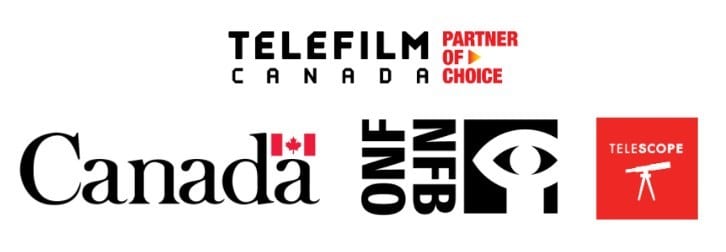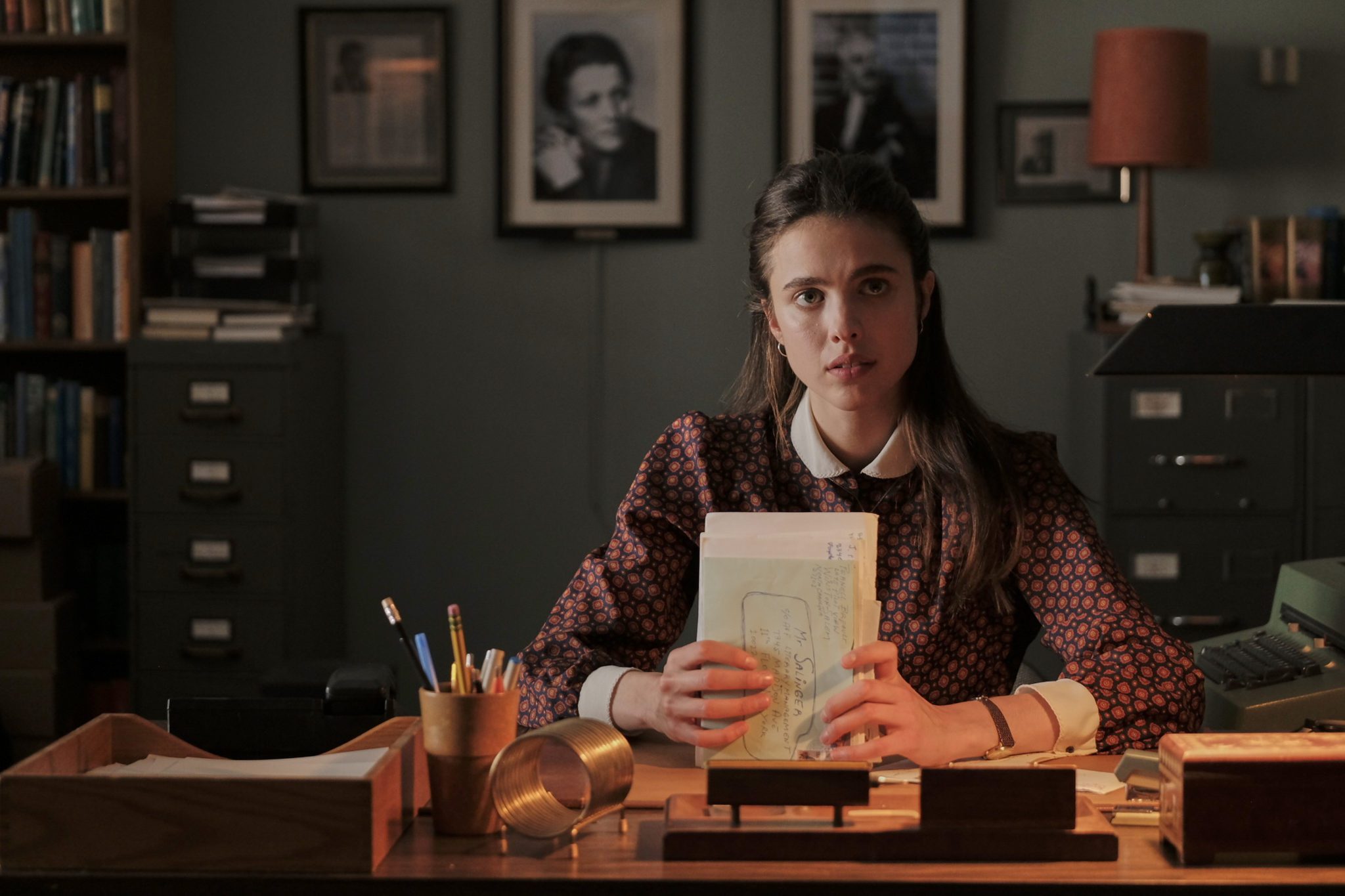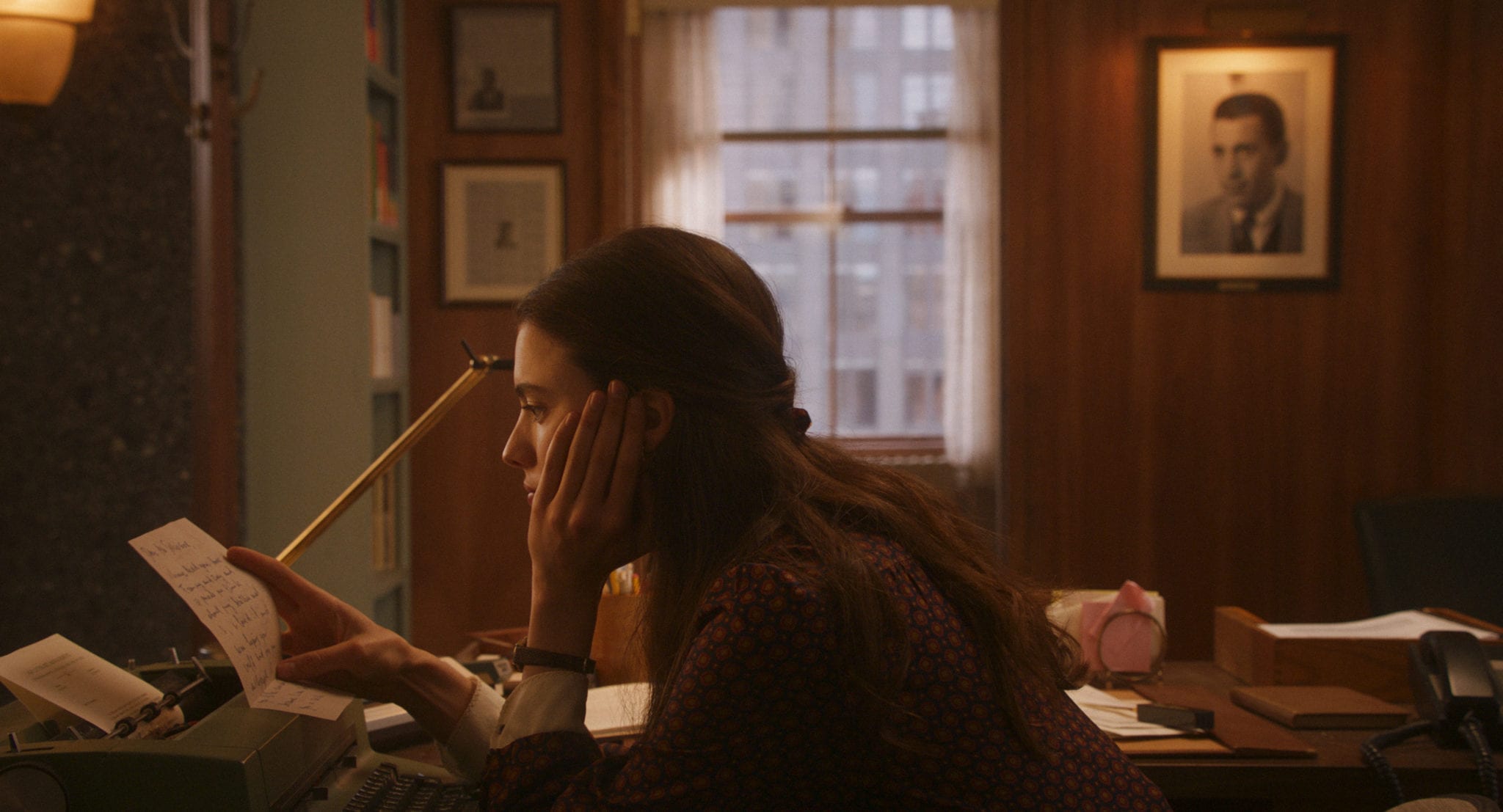
O Canada! Telefilm Canada launches new site devoted to Canadian film
Whether you’re aware of it or not, Canadian film is alive and well. The truth is that, while Canadian film continues to leave an impact on the industry, it is not very well known outside of our own borders. (Sometimes, not even within them!) In order to help spread the word about some of Canada’s…


